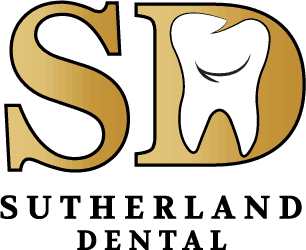This is a connection that you probably haven’t even thought of before, but there is a link between exercise and positive oral health. There are many documented benefits of exercise to overall health, such as risking hard disease, obesity, diabetes and cancer. Add oral health to this list, because research has indicated a connection between exercise and strong oral health.
Specifically, we’re talking about periodontal disease. Periodontal disease is an infection where the underlying gum tissue that holds your teeth in place. The symptoms of the disease include your gums becoming bright red and swollen, bleeding gums and bad breath.
The Connection
So, what is the connection between exercise and your oral health? Find out below.
Keeping Obesity Levels Low
Obesity has been touted as a key risk factor for periodontal disease. The abundance of fat cells can become inflamed and weaken your immune system. The bacteria responsible for periodontal disease cause an imbalance of something known as the microbial community, a group of microorganisms that presents themselves within the oral cavity. One way of keeping obesity levels low is regular exercise. This also reduces inflammation in the gums which is a symptom of the disease.
Digestive System Improvements
Your digestive system can become weak if it doesn’t get the right nutrients out of your food and drink. Exercise can significantly improve the digestive system as well by improving blood flow and metabolism. Consuming the right nutrients will undoubtedly have benefits to your teeth and gums as well.
Reduces Stress
Stress can affect oral health by producing jaw issues, wear-and-tear on teeth attributing to teeth grinding and facial pain. Teeth grinding typically occurs during sleep, but can also occur during the day when you’re feeling stressed. When you’re stressed, you’re also likely to neglect your oral routine. This means after eating you’re likely to leave food debris on your teeth, causing plaque build-up. Plaque can combine with bacteria and penetrate inside your gums, leading to periodontal disease. Exercise helps to reduce stress and clear those negative endorphins that cause these bad habits. Read here to learn more about the stress and oral health connection.
Maintaining Normal BMI
Research has found a vital link between your BMI and oral health. People that maintain a normal or natural weight through regular exercise can reduce the chances of periodontal disease by up to 40%. Those with a lower BMI are also unlikely to experience repeated exposures to bacterial acids, which can cause gums to recede and demineralization of the enamel. This is known as cavity carious lesions.

These are the factors that intertwine together that lead to exercise supporting oral health. Of course, exercise isn’t the only factor that improves oral health, especially your gums. It is your nutrition, your habits and your oral routine alongside exercise that will keep your gums healthy. Although, exercise can help you mould a routine together that keeps the chances of periodontal disease low.
Are you suffering from periodontal disease? It is recommended that you contact us at Sutherland Dental for an appointment as soon as possible. We at Sutherland Dental will ensure positive oral health is restored. Contact us here today.




